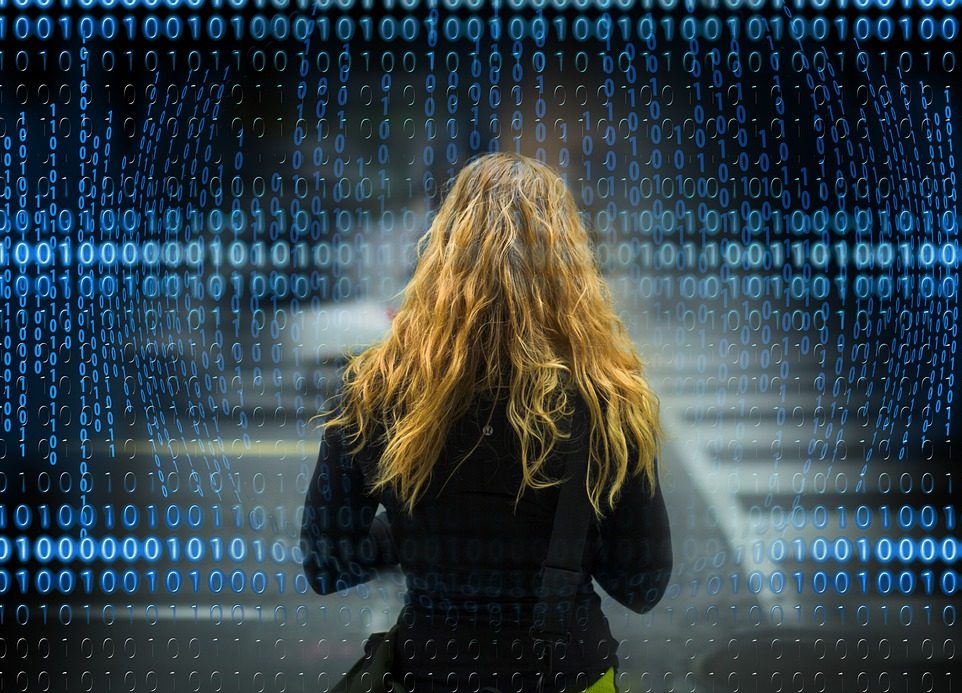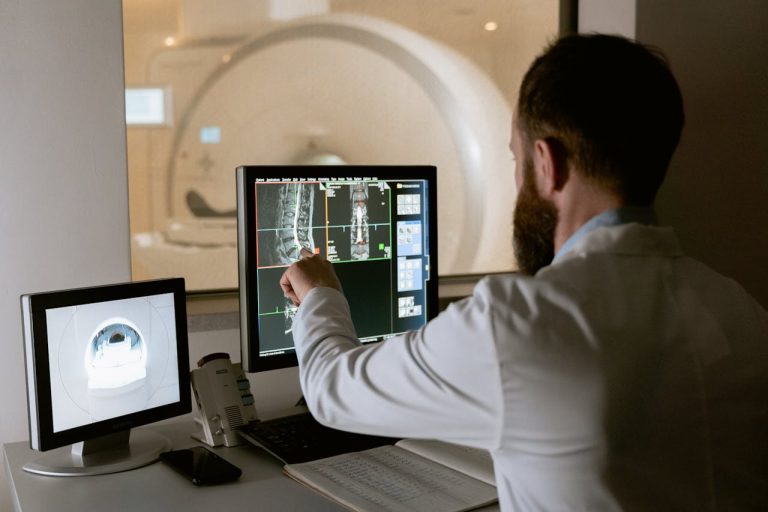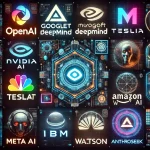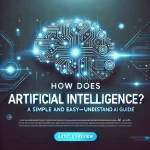How AI in Digital Advertising is Transforming Ad Targeting
AI in digital advertising is revolutionizing the way brands reach consumers, making ad targeting more precise than ever. By leveraging machine learning (ML), deep learning (DL), and natural language processing (NLP), advertisers can analyze massive amounts of user data in real time, delivering hyper-personalized ads.
AI’s power lies in its ability to process vast data sets, track user behavior, and predict purchasing intent. From social media engagement to browsing habits, AI-driven advertising systems dynamically adjust ad content, ensuring that ads reach the right audience at the right time.
📊 Industry Data (Gartner Forecasts):
- By 2025, global AI-driven advertising spending is projected to exceed $100 billion.
- Meta (Facebook) has optimized ad targeting through AI, increasing click-through rates by 30% while reducing ad costs by 20%.
However, while AI-driven ad targeting boosts efficiency, it also raises ethical and privacy concerns. Does better ad precision come at the expense of user privacy? Is AI the future of marketing, or the beginning of the end for digital privacy?
1. How AI is Revolutionizing Digital Advertising
🔹 AI-Powered Precision Ad Targeting
Traditional advertising relied heavily on mass broadcasting, leading to wasted ad spend. AI, however, enables behavioral analysis and predictive targeting, ensuring that ads are only shown to relevant audiences.
✅ Key AI Technologies in Ad Targeting:
- Audience Segmentation – AI categorizes users based on interests, demographics, and browsing habits.
- Ad Personalization – AI dynamically adjusts ad content to match user behavior.
- Omnichannel Optimization – AI selects the best advertising channels (Google, Facebook, TikTok, YouTube) for maximum reach.
🔹 How AI Improves Advertising ROI (Return on Investment)?
✅ AI-Driven A/B Testing
- Unlike traditional A/B testing, which requires manual input, AI automatically generates and tests multiple ad variations, identifying the highest-performing versions.
✅ AI Ad Fraud Detection
- AI detects bot traffic and fraudulent clicks, preventing wasted ad spend.
✅ Personalized Ad Recommendations
- AI dynamically adjusts ad creatives based on user search history and engagement.
Case Study 1: How Netflix Uses AI to Optimize Advertising
Netflix utilizes AI to analyze viewer data and predict user preferences, improving engagement by over 50% through AI-powered ad targeting.
2. The Benefits of AI in Advertising: Is Precision Targeting Effective?
✅ Higher Conversion Rates – AI identifies the most likely buyers, increasing ad effectiveness.
✅ Reduced Ad Budget Waste – AI predicts optimal ad placement & timing, maximizing ROI.
✅ Faster Ad Content Creation – AI automates ad copywriting & visual content generation.
Case Study 2: How Coca-Cola Uses AI for Ad Creation
Coca-Cola leverages OpenAI to generate creative ad content, reducing advertising costs by 25% while enhancing engagement.
3. The Privacy Risks of AI in Advertising: Is Data Security at Risk?
While AI enables precision targeting, it also introduces serious privacy risks.
⚠ Data Misuse & Privacy Violations
- AI relies on vast amounts of user data—can advertisers be trusted to use it ethically?
- Apple’s iOS 14 Privacy Update limited Facebook’s ad tracking capabilities, reducing targeting accuracy by 50%.
⚠ Algorithmic Bias & Ad Discrimination
- AI may unintentionally favor certain demographics, leading to ad bias and exclusion.
- Case Study 3: LinkedIn’s AI Hiring Bias – LinkedIn’s AI-based job ads were found to favor male candidates over female ones.
⚠ Lack of Transparency in AI-Driven Ads
- Users often don’t know why they are seeing specific ads.
4. Will AI Completely Replace Human Advertisers?
🤖 What AI Can Do:
- Automate ad targeting & budget optimization
- Analyze large-scale user data for insights
- Generate personalized advertising content
🎨 What AI Cannot Replace:
- Creative strategy & brand storytelling (AI lacks human creativity).
- Emotionally driven advertising (AI cannot understand emotions and cultural nuances).
- Complex marketing strategy decisions (AI relies on data, but branding involves intuition & experience).
💡 My Perspective:
AI is making advertising smarter and more efficient, but it will not fully replace human marketers—at least not in creative and strategic roles. AI is a tool, not a substitute for human ingenuity.
5. Future Trends: Balancing AI Precision & Privacy in Advertising
🔹 Privacy-First AI Advertising (Zero-Party Data)
- User-Controlled Data Sharing – Brands collect data directly from users, rather than tracking them.
🔹 Blockchain + AI for Transparent Ad Targeting
- Using blockchain technology to make ad targeting more transparent.
🔹 The Rise of AI-Free Ad Models?
- DuckDuckGo & Brave are pioneering privacy-focused advertising. Could this be the future?
AI Advertising – Opportunity or Crisis?
AI is transforming digital advertising, making it more precise & efficient, but privacy concerns remain unresolved.
- Businesses must balance ad performance with ethical data usage.
💬 What do you think about AI in advertising?
- Do you prefer personalized ads, or do you prioritize privacy protection?
📢 Share your thoughts in the comments! If you found this article useful, don’t forget to like & share!







